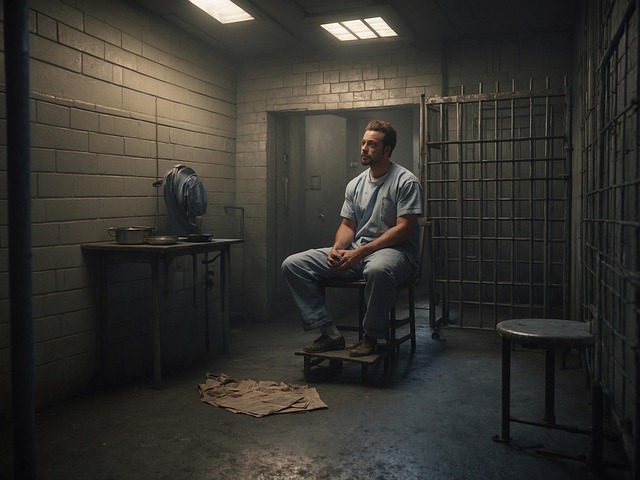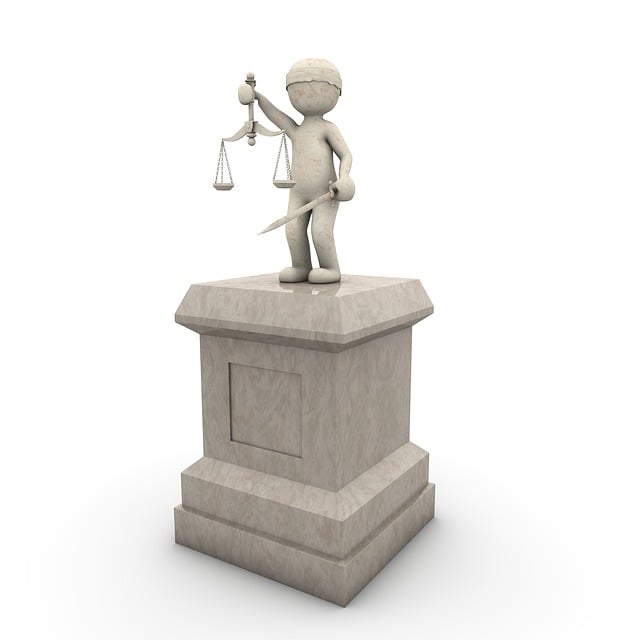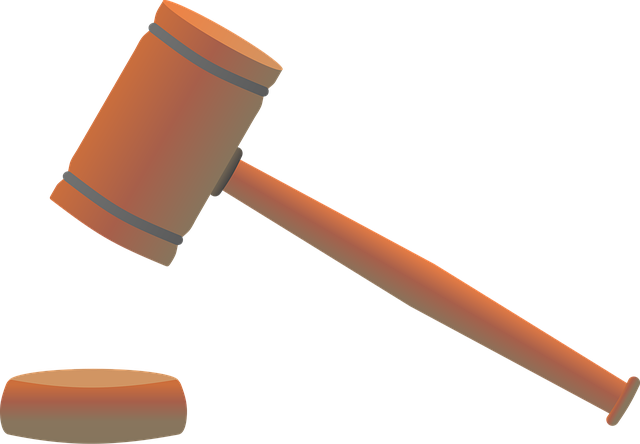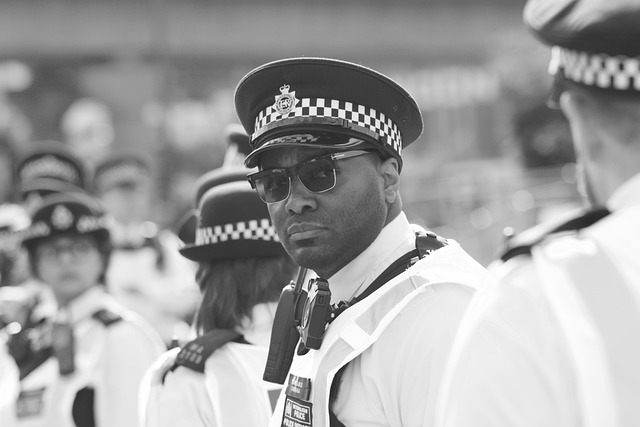Cartel investigations are complex, high-stakes cases demanding meticulous procedures to ensure justice. They involve extensive surveillance, evidence gathering, and collaboration among law enforcement and prosecutors to unravel criminal organizations engaged in illegal activities like price-fixing and bribery. Starting with thorough research and intelligence gathering, the process aims to build a compelling case without premature indictment. Once sufficient evidence is secured, strategizing leads to dismantling cartels while minimizing harm to indirectly affected communities. Unique challenges include distinguishing legitimate business practices from criminal activity, requiring careful analysis by white-collar defense attorneys. International cooperation and advanced technologies are crucial for successful cartel busts, setting precedents in Cartel Investigation Procedures and Penalties. High-profile prosecutions significantly influence criminal law, deterring future involvement and revolutionizing legal strategies.
Criminal law cases, particularly those involving cartels, present unique challenges for legal systems worldwide. This article explores the intricate world of cartel investigations, delving into the process, legal framework, evidence collection techniques, and the crucial roles of law enforcement and regulatory bodies. We also analyze high-profile cases to highlight the impact of successful prosecutions, offering insights into the complexities and penalties associated with these clandestine operations, including Cartel Investigation Procedures and Penalties.
- Understanding Cartel Investigations: A Deep Dive into the Process
- Legal Framework: Penalties and Consequences for Criminal Cartels
- Evidence Collection: Techniques and Challenges in Cartel Cases
- The Role of Law Enforcement and Regulatory Bodies in Cartel Busts
- Case Studies: High-Profile Cartel Prosecutions and Their Impact
Understanding Cartel Investigations: A Deep Dive into the Process

Cartel investigations are complex and high-stakes cases that require meticulous procedures to ensure justice is served. These inquiries often involve extensive surveillance, gathering of evidence, and collaboration between various law enforcement agencies and prosecutors. The primary goal is to unravel the intricate networks and structures of criminal organizations involved in illegal activities such as price-fixing, market allocation, and bribery.
The process begins with thorough research and intelligence gathering, focusing on identifying key players, their roles, and the financial transactions underpinning the cartel’s operations. This initial phase involves both digital forensics and traditional investigative techniques to avoid indictment while piecing together a compelling case. Once sufficient evidence is gathered, prosecutors work closely with law enforcement to craft a strategy aimed at dismantling the cartel without undue harm to philanthropic and political communities often indirectly impacted by these criminal enterprises.
Legal Framework: Penalties and Consequences for Criminal Cartels

The legal framework surrounding criminal cartels is a complex web designed to combat organized crime and ensure justice. When investigating cartels, law enforcement agencies must adhere to strict procedures to gather evidence and protect the rights of those involved. These investigations often involve extensive surveillance, wiretaps, and witness cooperation, as cartels are known for their intricate networks and secretive operations.
The consequences for those found guilty of cartel-related activities can be severe, with penalties including lengthy prison sentences, substantial fines, and asset forfeiture. The aim is not only to punish the perpetrators but also to disrupt the criminal network and prevent future illegal activities. In some cases, individuals may even face charges for their participation, regardless of their specific role. This comprehensive approach ensures that justice is served and acts as a deterrent for potential criminals, with the possibility of a complete dismissal of all charges offered as a rare outcome for his clients who cooperate fully with investigations.
Evidence Collection: Techniques and Challenges in Cartel Cases

Cartel investigations pose unique challenges when it comes to evidence collection due to their intricate nature and often clandestine operations. Proving collusion between companies or individuals requires meticulous strategies. Law enforcement agencies employ various techniques, such as wiretaps, surveillance, and document production requests, to gather intelligence. However, these methods can be complex; for instance, tracing communications across multiple jurisdictions may require international cooperation, adding layers of difficulty.
One significant challenge is the need to differentiate between legitimate business practices and criminal activity. White-collar defense attorneys play a crucial role in navigating this maze by scrutinizing evidence and ensuring their clients’ rights are protected. In cartel cases, the respective business activities must be carefully analyzed to identify patterns indicative of illegal agreements. This process involves sifting through vast amounts of data, including financial records, emails, and customer information, to uncover the truth without compromising the integrity of the investigation procedures and penalties.
The Role of Law Enforcement and Regulatory Bodies in Cartel Busts

Law enforcement agencies play a pivotal role in cartel busts, utilizing their investigative powers and expertise to uncover illegal activities. These investigations often involve complex Cartel Investigation Procedures designed to gather evidence and bring cartels to justice. By working collaboratively with regulatory bodies, they can navigate the intricate networks of organized crime. This joint effort is crucial for identifying key players, understanding the financial structures, and mapping out the supply chains associated with these illicit operations.
Regulatory bodies, equipped with specific mandates, contribute significantly to cartel busts by enforcing compliance and monitoring industries prone to white-collar crimes. Their oversight helps in detecting anomalies and suspicious activities across the country, leading to proactive measures. These entities ensure that businesses operate within legal boundaries, thus deterring potential cartels from exploiting regulatory loopholes. The subsequent penalties for convicted cartels serve as a powerful deterrent, reflecting the severity of these crimes in jury trials and beyond.
Case Studies: High-Profile Cartel Prosecutions and Their Impact
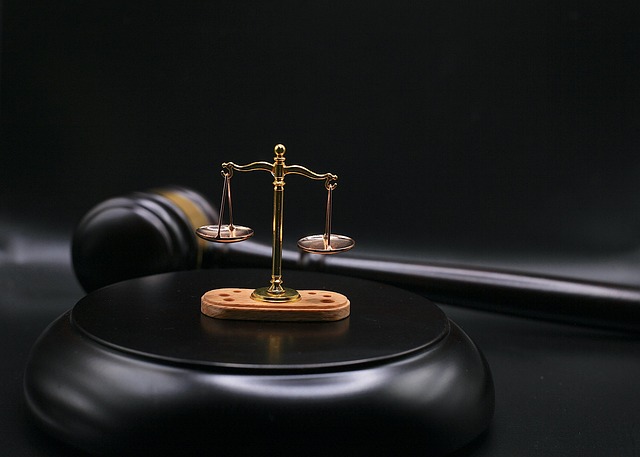
High-profile cartel prosecutions have significantly shaped criminal law cases, particularly regarding Cartel Investigation Procedures and Penalties. These complex investigations often involve intricate financial and logistical networks, requiring meticulous strategies to unravel the web of illegal activities. Law enforcement agencies collaborate with international partners to gather evidence, utilizing advanced technologies for surveillance and data analysis. The process is meticulously documented, ensuring a robust legal foundation for prosecution.
The impact of these cases extends beyond the immediate philanthropic and political communities affected by cartel activities. They set precedents for future legal battles, influencing defense strategies and shaping public perception of justice. Moreover, successful prosecutions send a powerful message to corporate and individual clients, deterring participation in illicit networks. As a result, winning challenging defense verdicts becomes a testament to the strength of evidence and the integrity of the legal process, ultimately revolutionizing criminal law practices in these high-stakes cases.
In conclusion, understanding cartel investigations is paramount due to their significant impact on global economies and societies. The article has explored crucial aspects, from the legal framework defining penalties for criminal cartels to the intricate evidence collection techniques employed in these complex cases. Law enforcement agencies and regulatory bodies play pivotal roles in busting cartels, as highlighted through various case studies. By delving into these procedures and consequences, we gain insights that underscore the importance of robust legal mechanisms in combating cartel activities worldwide.


